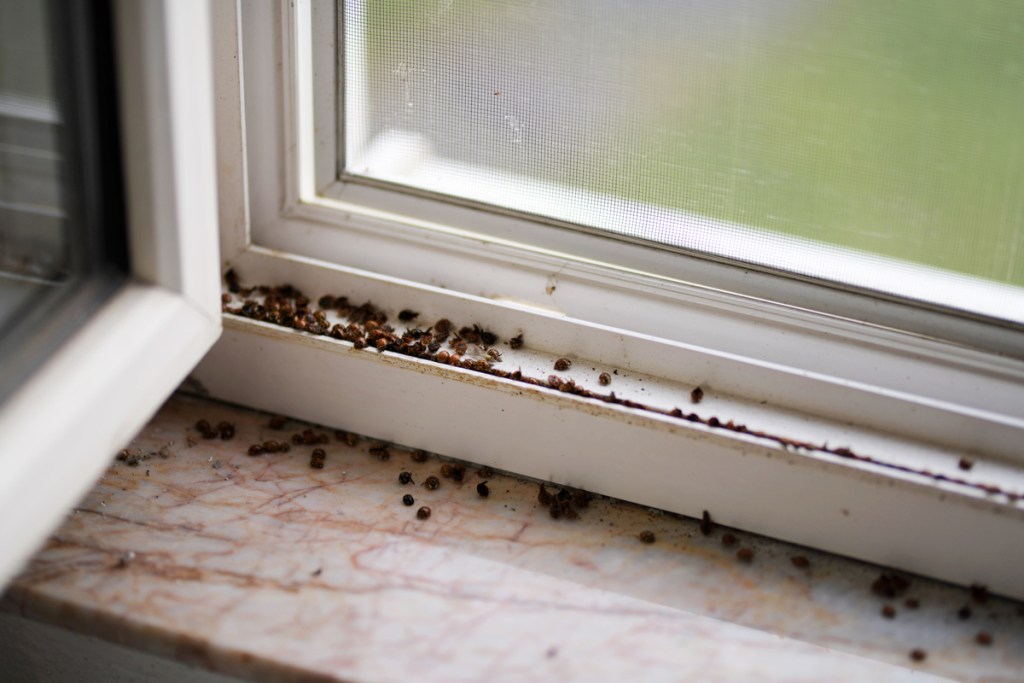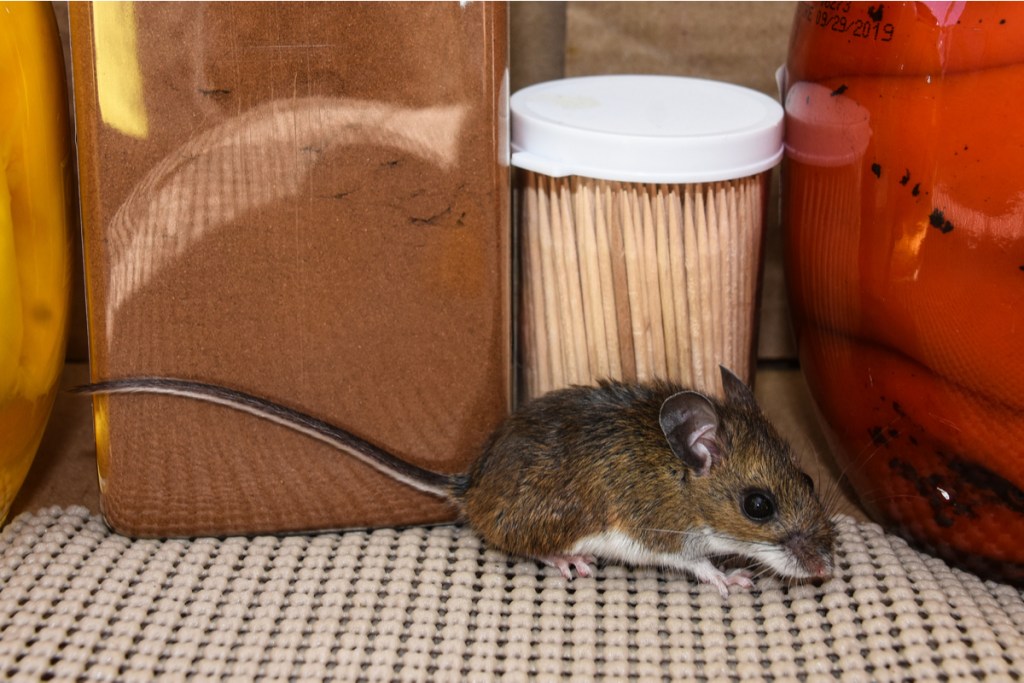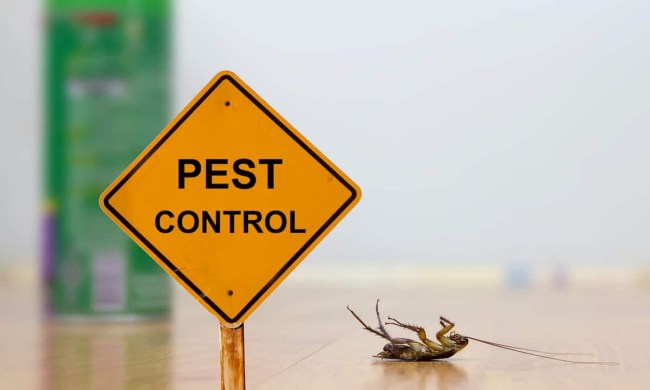
Pest control may not be the first thing we think of going into fall, but it should definitely rank somewhere near the top of the list alongside football and pumpkin spice. After all, it’s hard to thoroughly enjoy a hot cup of coffee on a crisp morning when you’re distracted by squirrels in the attic. This guide will walk you through the most common fall household pests, and share how you can prevent them from wrecking your plans for a relaxing season.
Insects and arachnids
As the weather begins to cool, bugs look to gather on warm, sunny surfaces. If there’s an entry point on your home’s west or south-facing wall, they may invite themselves inside to warm up. Ground-dwelling bugs that would normally spend their winters beneath a layer of rotting leaves or mulch, could accidentally work their way into your basement from an adjacent flower bed. Once they get in, some bugs leave a trail of pheromone breadcrumbs that leads others in the same direction, possibly for years to come.
- Ants are attracted to warm, humid indoor conditions.
- Boxelder bugs are common in homes that have boxelder or maple trees in the landscape.
- Centipedes and millipedes migrate from mulched areas, decaying wood, and moist organic soil.
- Cockroaches wander in when the weather becomes cool and dry.
- Crickets like dark, warm, humid conditions.
- Ladybugs congregate on warm, bright, south-facing windows.
- Silverfish look for warm, moist locations with plenty of organic material to feed on.
- Spiders are attracted to the humidity inside your home.
- Stink bugs love sunlight and light-colored surfaces, especially when temperatures drop.

Mammals
In the fall, warm-blooded animals are also looking for a cozy spot to hole up for winter. Some hibernate quietly, while others will come and go all winter long. Some are content to live in the “upstairs apartment” known as your attic, where they will chew wires, scratch around and make a mess. Others want to live in your furniture and eat your groceries.
- Bats come for warmth to raise babies and build a colony. They normally use numerous small entrances.
- Raccoons, normally a mother with her babies, are very noisy at night.
- Rats and mice are initially attracted to a water source, but once they are in, they migrate throughout the house.
- Squirrels come in twice a year to deliver and raise their babies and will make noises during the day.
Pest control in fall
Implementing pest control methods in the fall will prevent you from dealing with an infestation later on. When the temperature outdoors becomes less than comfortable, small rodents and pests start looking for a warm, dry shelter to spend the harsh winter months. Sure, they’ve adapted over the millennia to tough it out in a hollow log or under a rock, but your house looks really inviting. Pest control in fall starts with making your house less appealing.
Inspect the home exterior and seal up pest entry points
Perform an annual inspection of your home’s exterior as fall approaches. Look for any potential entry points, then repair gaps or holes in siding, trim, soffits, and fascia boards. Caulk and paint openings smaller than a quarter-inch, and fill larger openings with copper mesh. Then, cover them with a hardware cloth or patch the siding. Use weather stripping to seal up windows and doors to keep the pests out and save on heating costs.
Be aware that if you have bats, squirrels, raccoons, or other mammals inside your home, they need to be removed before you seal up the entry/exit points. Do not hesitate to call in a professional exterminator or wildlife removal service for large scale or complicated work.
Eliminate water sources inside and out
Water is an essential part of any habitat. Even the smallest moisture source can attract bugs and rodents, especially in dry fall weather. To eliminate the attraction, start by raking mulch away from the foundation and trimming landscape plants to improve air circulation. Inspect water lines and plumbing fixtures, then repair any leaks. Use a dehumidifier to control dampness inside the home.

Deep clean to eliminate hiding places
In addition to moisture, bugs and other animal pests need a food source and a sheltered location. Fall is a good time to eliminate clutter and reduce these cozy hiding places.
- Sweep, dust, and remove cobwebs in storage areas.
- Make sure everything is off the floor so you can inspect periodically for droppings.
- Deep clean the kitchen, paying special attention to food storage locations, spaces behind/beneath appliances, and the cabinet under the sink. Store pet food in airtight containers.
Eliminate any pests that you discover
As you perform inspections and deep clean your home, watch for signs of active infestations. Don’t let these problems persist. Cleaning can reduce insect problems, but it may not be enough to eradicate them. Apply pesticides, traps, or other treatments to get rid of them for good, and call an exterminator if these problems persist.



